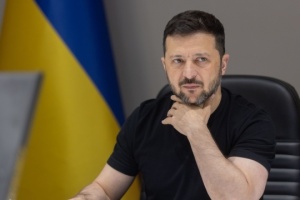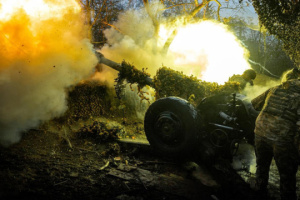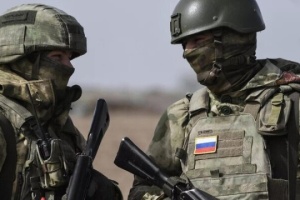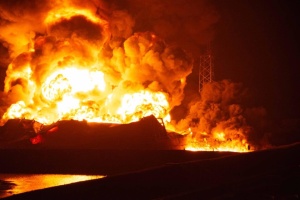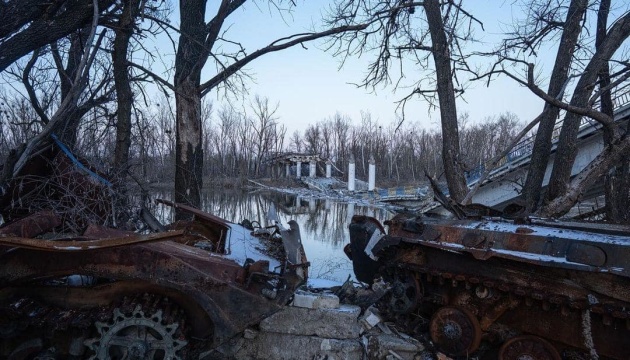
"Freezing" war in Ukraine: why it has long been impossible in principle
At the end of 2023, disturbing messages such as "the frontline is mired in a trench war", "the West is running out of weapons and ammunition", "the United States will not give money", "Ukraine should seriously consider scenarios for ending the war - "Korean", "German", "Finnish", "all sides need a break", "we need to sit down at the negotiating table"... That is, they are different in content, but with a single message: "the war should be frozen as it is". Obviously, we will hear something similar next year. However, the experts with whom Ukrinform spoke unanimously emphasize that this is no longer possible. There is no point in talking about any options for "freezing the war" in principle, the moment has long since passed. There is only one way left for Ukraine and the West to move forward and win in all aspects.
At the same time, Russia, the aggressor state, is not going to stop. It is threatening Finland, for example, with problems if it joins NATO. Moldova and the Baltic states may also find themselves in the enemy's crosshairs.
So, once again: why is a "war freeze" impossible?
Any attempts to "freeze the war" or to bring someone to the negotiating table will not have any result
Diplomat Vadym Triukhan said in a commentary to the agency that a "freeze" on the war is impossible for several reasons.
Firstly, despite the "peacekeeping" rhetoric of some high-ranking Kremlin officials, which is occasionally heard in public, the aggressor state itself is not interested in this.
"The russists did not achieve any of the goals that Putin proclaimed on the morning of February 24, 2022. Moreover, they cannot achieve them in principle, because those goals are mostly fake and/or not "measurable," the expert says.
Secondly, it contradicts Ukraine's national interests.
"After all, everyone in Kyiv already understands that the so-called freeze is a pause that the Russians will certainly use to build up their military muscle and prepare for another offensive to sweep away all life, as they dream, up to the border of Ukraine with NATO, and possibly even further," emphasizes Mr. Triukhan.
Thirdly, the danger of "freezing" for themselves, although to varying degrees, is already understood by the entire civilized world.
"Our friends from the Baltic states feel the threat most acutely, as they are the most vulnerable to Russian militarism. Even despite their membership in the EU and NATO. The political and intellectual elites of Germany also understand very clearly where the world is headed. They are subconsciously drawing parallels between the racist regime created by Putin and the Nazi regime created by Hitler in Germany," the diplomat added.
Germany's position has changed dramatically over the past 20 months. Today, this country is actually beginning to play a unifying role in Europe, which to some extent resembles what the United Kingdom did during World War II.
"The rest of the countries are still swinging like that pendulum. At the same time, there is a general consensus on the need to stop Putin in Ukraine so that he doesn't have to be stopped at home," Vadym Triukhan says, "except for Hungary, where Viktor Orban is molding Putin's puppet. And there are historical parallels here. During the Second World War, the Hungarians were Hitler's allies, and now they are helping Putin, a war criminal like the Fuhrer."
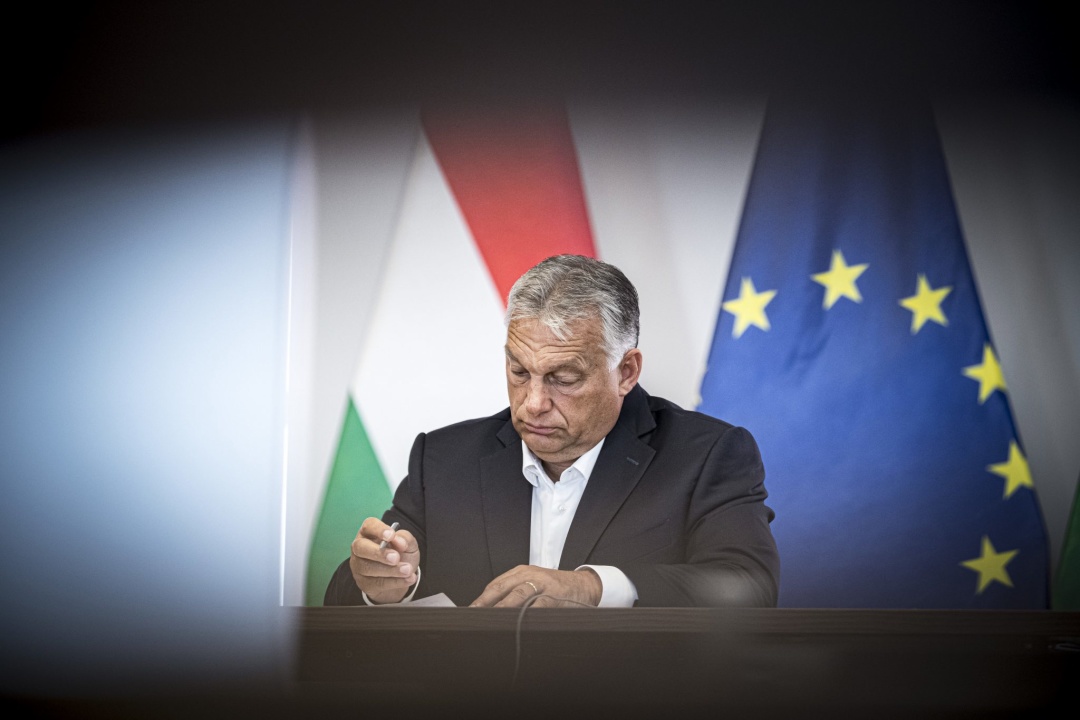
The diplomat is convinced that as of now, any attempts to "freeze the war" or bring someone to the negotiating table will not have any result. There are no grounds for a truce, let alone peace.
In general, the outgoing year of 2023 has turned out to be the most difficult not only for Ukraine but also for the entire civilized world since the surrender of 1945.
"Russia was clearly underestimated. It was able to digest the defeats it suffered in 2022, pressured its allies to supply weapons and ammunition, set up a mobilization pipeline, strengthened fortifications, mined huge areas of occupied Ukrainian land, and declared its readiness to fight for at least another 100 years," our interlocutor emphasizes. - "And for some reason, the vast majority of Ukrainians have decided that the war has already been won, and that it is only a small step away, and Crimea will be de-occupied, not to mention Donetsk and Luhansk.
Demotivating the population to resist, Mr. Triukhan emphasizes, is a godsend for the enemy.
In addition, something has "broken" in the West. At first glance unexpected, but as it turned out, it is very painful for the Armed Forces of Ukraine.
"Making predictions now is an absolutely thankless task. After all, two key decisions that will affect the development of events at the front in the coming year have not yet been made. First, the White House's request for USD 61 billion to support Ukraine has been blocked in the United States. Secondly, the 50-billion-dollar EU aid package has been stalled due to the veto of the Kremlin's puppet Orban," the diplomat reminds.
Therefore, the palette of forecasts is now wide: "from the complete de-occupation of Ukraine as a result of the arrival of a "black swan" for Russia to the loss of territories due to the pressure of the Russian offensive."
However, being an optimist, Mr. Triukhan made the following assumption: "Our American and European friends will allocate more than 110 billion of the promised aid sometime in January. Then the Kremlin will panic. They will not have the resources to resist a second time in the face of a major offensive by the Armed Forces of Ukraine that has been well prepared for six months or a year. The collapse of Russia will be inevitable."
"Freezing the war" will allow the aggressor to effectively prepare for a new massive offensive
Political expert Yevhen Savisko also emphasizes that a "war freeze" is not possible, at least because Russia does not want to stop and will not.
"Its army and economy are on the warpath, its people are zombified, its resource potential is enormous, and the Russists have learned to circumvent sanctions," the expert comments.
Under such conditions and with extremely unstable supplies of weapons and ammunition from our allies, the enemy army has the ability to continue the war.
"Even if the enemy goes for a "freeze", it will be for one purpose only - to prepare for a new massive offensive along the entire front as efficiently as possible. And no commitments or agreements will make Putin give up his dream of destroying Ukraine," assures Mr. Savisko.
Therefore, stopping or suspending the war will mean new casualties among the population and new losses at the front for Ukraine.
"Our allies need to understand that if Ukraine loses, it will be the turn of Moldova, Poland, and the Baltic states. This is Putin's minimum plan. In fact, it is about dividing Europe along the same borders that were between the USSR and Germany in 1939 after the annexation of Poland," the expert believes. "After that, the Russian army will attack Finland and Norway, and the turn may come to others. And this will mean the destruction of Western civilization."
The fastest and largest possible assistance can help Ukraine survive and win. However...
"Before demanding more aid from the civilized world, we should start with ourselves. It seems that we have two countries inside Ukraine," Yevhen Savisko is indignant, "The economy and social infrastructure have not yet been transferred to war conditions.
There is no "freeze". The only scenario for Ukraine is to continue repelling Russian aggression
"We and Russia are fighting for the territory that each side considers its own. From the point of view of the racists, their minimum goals are the complete seizure of Luhansk, Donetsk, Zaporizhzhia, Kherson regions and the Autonomous Republic of Crimea. And the UN Charter clearly states that no arrangements or agreements can abolish the fundamental principle of international law, which obliges states to refrain from the threat or use of force against the territorial integrity or political independence of any state," political expert Andriy Senkiv comments to Ukrinform.
Thus, any scenarios for the end of the war, according to which Ukraine makes political concessions to Russia and does not restore its territorial integrity, will contradict international law and legitimize war as a way to resolve interstate conflicts.
"Although according to the UN Charter, treaties imposed by aggressors have no legal force if they are concluded under pressure, any Ukrainian official who signs such a document will automatically commit a criminal offense," the expert emphasizes.
According to Mr. Savisko, before agreeing to any temporary truce, which can be interpreted in different ways, we must answer three key questions about the consequences:
- Will Russia's goals for Ukraine change?
- Will the balance of power be in Ukraine's favor when hostilities resume?
- Will Western support for Ukraine remain at the same level?
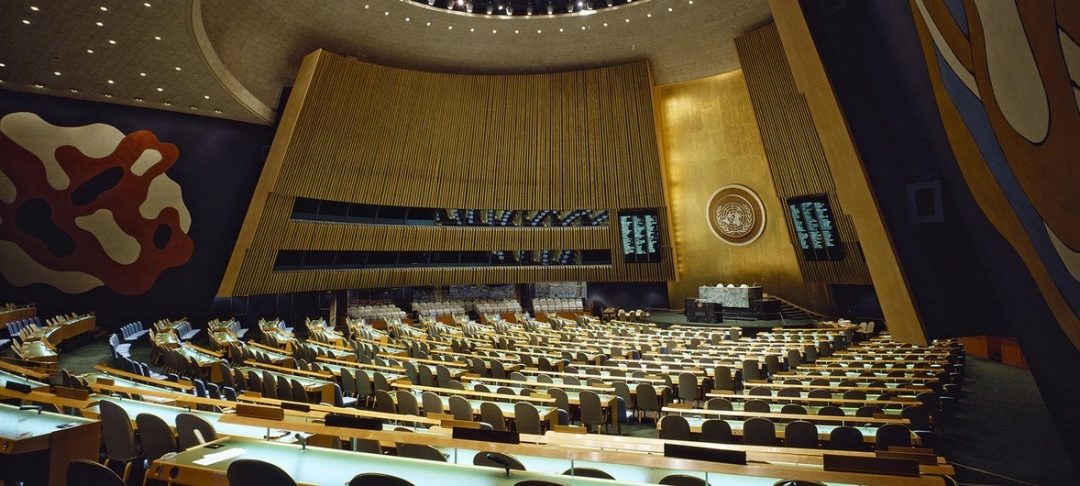
If we are confident that the answers to these questions will be in our favor, then why not? However...
"At the moment, I do not see such a situation. Quite the contrary: Ukraine's military and political strength and the West's support for us can remain at or near their peak only as long as the fighting continues and Ukraine makes progress. Therefore, the only scenario for Ukraine is to continue repulsing Russian aggression with the Defense Forces coming to our internationally recognized borders," Andriy Senkiv says.
Putin acts very simply: if he is given the opportunity to bite off a finger, he will then throw himself at the whole hand
Political analyst Ihor Reiterovych is convinced that the impossibility of "freezing the war" is obvious.
"In fact, the world, and Europe in particular, is realizing that freezing the Ukrainian-Russian war will lead to much more negative consequences than providing maximum assistance to the victim of aggression and betting that Ukraine will win this war. Why? Because Putin follows a very simple rule: if he is given the opportunity to bite off a finger, he will later attack the whole hand," the expert says.
This was the case after the events in Georgia, after the occupation of Crimea and parts of Donetsk and Luhansk regions.
"The same thing happened on February 24, 22, when Russia unleashed a full-scale war against Ukraine," Mr. Reiterovych believes. And now, apparently, he is trying to test the West: whether the civilized world is ready to cross the line and use nuclear weapons against Russia in case of danger. And the Russian dictator has come to realize that in the twenty-first century, it is possible to wage war by conventional methods. And that the winner will be the one who has more tanks, airplanes, and people who can be thrown into "meat assaults."
Mr. Reiterovych does not assess the situation as apocalyptically as some Western authors sometimes do. Because we are not talking about some kind of, as the expert put it, "terrible" Russian army.
"This "awesome" army in 2023 did not take anything in Ukraine, but was mostly in a dead end defense. And in 2022, this army was chased at certain stages "in the tail and in the mane". Therefore, Russia's attempt to commit aggression against a European country may take on completely new colors," the political scientist warns.
According to him, one can understand the anxiety of the Finns and the Baltic states: "Putin may indeed try to attack Latvia, Lithuania, or Estonia, and with all our love and respect for our partners and friends from the Baltic countries, it will be difficult for them, because these countries can be passed through in one day. And then Putin may begin to "make peace" with the West, of course, on some new terms."
Isn't this a confirmation that the freezing of the conflict is actually helping Putin to take a break and prepare for new aggression?
"The sooner the EU realizes this, the better it will be for everyone. Unlike the United States, the EU has a direct border with Russia. And it's not a small one. So if the EU member states think and care about their security, they need to invest in helping Ukraine," Mr. Reiterovych emphasizes.
In his opinion, the mood in the EU has not changed much in almost two years. A significant number of Europeans still appreciate Ukraine's role, honor its sacrifices and state it directly: "Ukraine is fighting not only for itself, but also for us."
"At the same time, we should pay attention to an illustrative moment. A social survey conducted by IBRiS and commissioned by the Rzeczpospolita newspaper showed the level of patriotism among the Polish population: only 15% of Poles are voluntarily ready to join the army in the event of a full-scale Russian attack on their country. In Germany, the share of people ready to defend the country with arms is not much higher than in Poland: only 17% of Germans are ready to join the army if necessary. What is my point? The point is that Europeans should invest as much as possible in Ukraine and its resistance," the expert emphasizes.
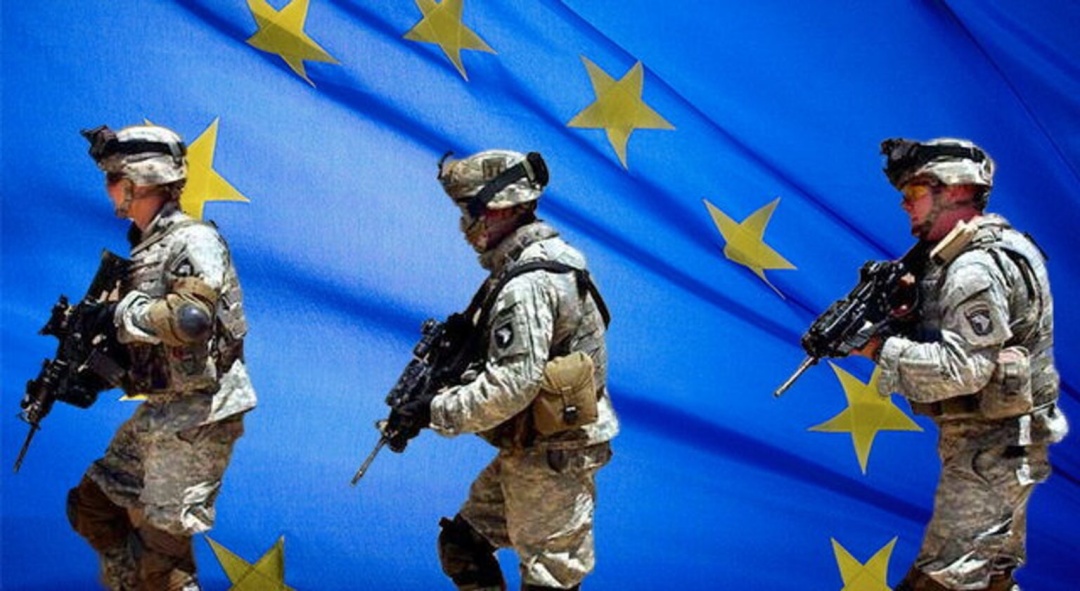
For the European Union, this is a matter of political, economic, and cultural survival, and it is simply forced to increase both financial and military-technical support for Ukraine, as well as to develop its own military-industrial complex.
"The EU should increase military and technical production, revive factories - all that has been in total decline for the last 30-40 years," says the political scientist, "That is, the West should make full use of the time given to it by the Ukrainian resistance to arm itself and prepare for war in the near future.
Yes, this war is not absolutely necessary, but it is quite likely.
"As for green economy projects and other environmental 'things' - all this is, of course, very important, but secondary," emphasizes Ihor Reiterovych, "Well, and another important point is that the West must do something politically (and legally) with those political forces that openly play along with Russia and undermine intra-European unity. This must finally be resolved."
In the context of the impossibility of "freezing the war," Mr. Reiterovych also mentioned Volodymyr Zelensky's recent press conference, at which the President of Ukraine once again rejected the possibility of negotiations with Putin.
"In the first months of the full-scale invasion, there was no firm understanding of what would be considered a victory for Ukraine. Later, this idea was established: reaching the borders of 1991," the political scientist comments. "Next, let's recall Volodymyr Zelensky's interview with Time magazine in October 2023, in which he said: "No one believes in our victory as much as I do." This should not be surprising, it is very right that the President has a clear understanding that there is no turning back - only forward, only victory."
In general, the expert is optimistic about 2024.
"Although the next year will be marked by turbulence, the world will be shaking, support for Ukraine will definitely continue. I am sure that the US Congress will allocate USD 61 billion to us. And somewhere in the second half of next year, the European Union will lend its shoulder, as it does now, at the end of 2023, meaning that it will again become a leader and actively help Ukraine, both with finance and weapons. All in all, everything will be fine," Ihor Reiterovych assures.
Myroslav Liskovych. Kyiv

